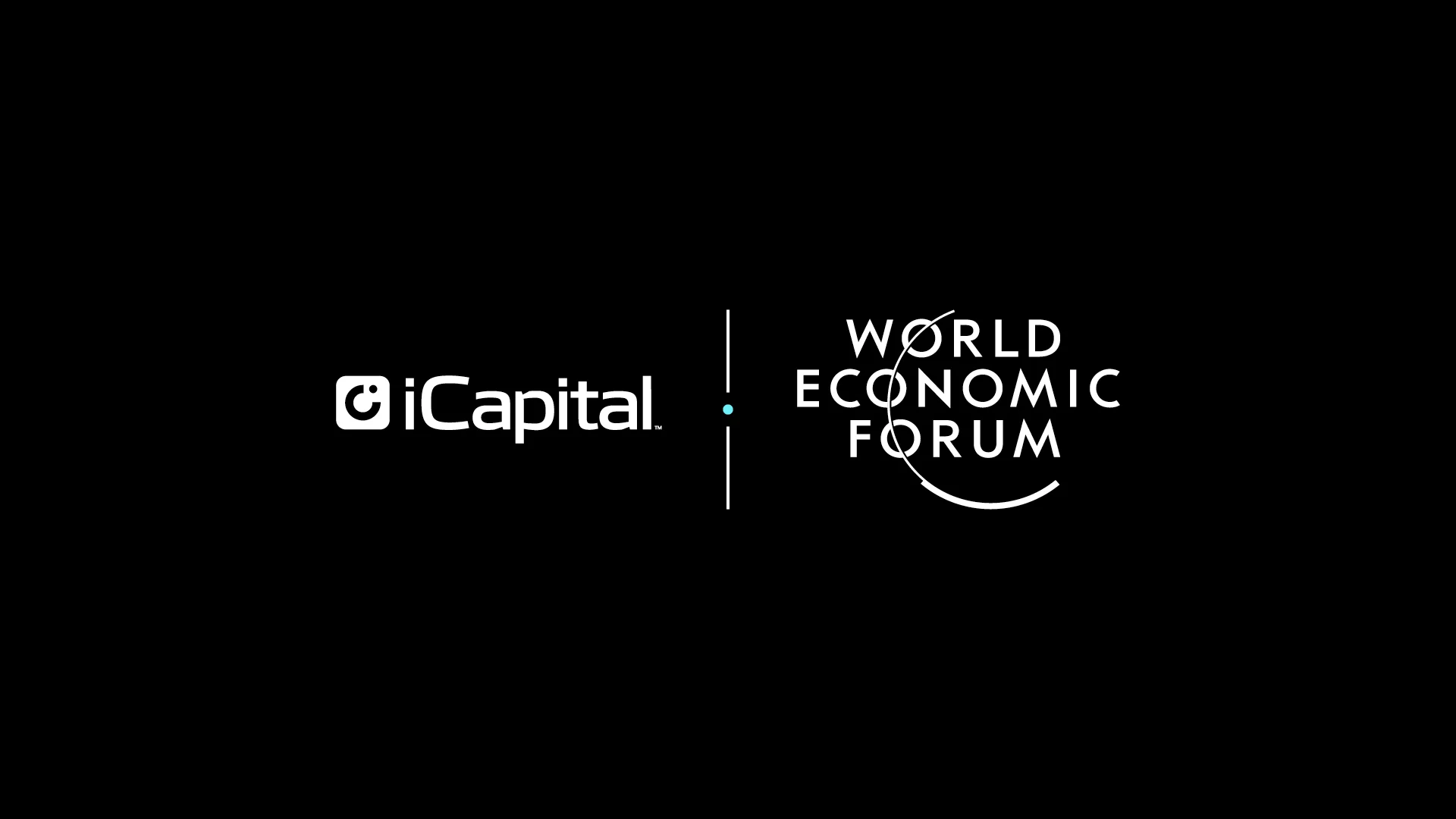Hedge Funds
The Benefits of Quantitative Investing in a Volatile Market Environment
Long/short equity hedge funds have posted back-to-back years of double-digit performance, and the prospects for the strategy continue to be favorable. These funds generally employ either a fundamental or quantitative investment approach and are typically used to replace or ‘modify’ a client’s long-only equity exposure. They are designed to provide more idiosyncratic sources of equity market return by taking both long and short positions in individual stocks. Historically, the most advantageous environment for equity hedge funds has been one characterized by wider dispersion and lower correlations between different individual companies’ share prices, which creates greater opportunity on both the long and short sides of a manager’s portfolio. Today, trends in equity market dispersion and correlation signal a positive backdrop for equity hedge strategies of all types.















